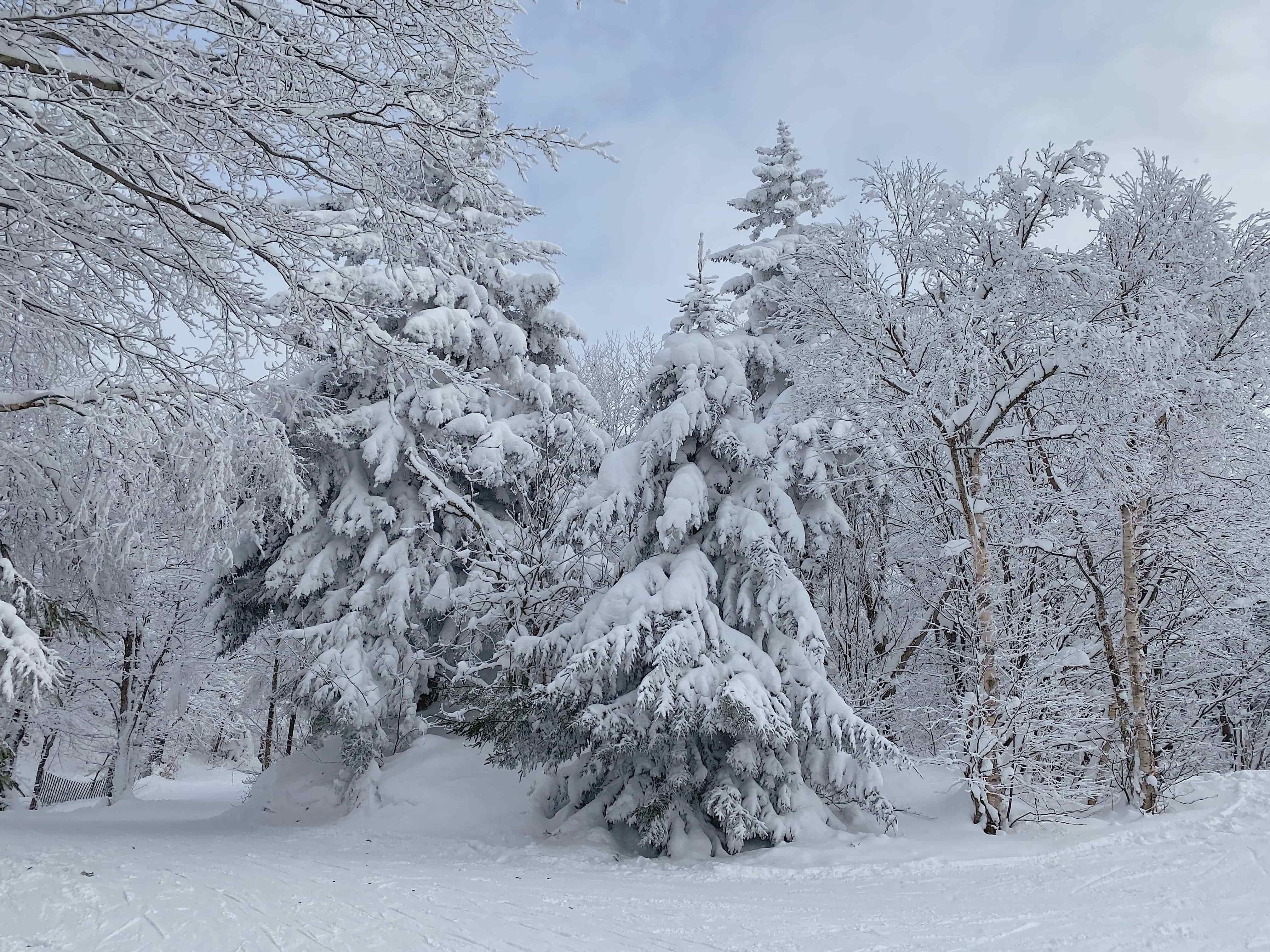Think about how often you hit “search” on your computer. From course work to finding the best restaurants in Montreal, students surf the net for almost anything. Ecosia, a free search engine, takes advantage of our internet usage by planting one tree per approximately 45 searches.
Recently, McGill’s Office of Sustainability and IT Services have collaborated to introduce Ecosia to the McGill community as part of the university’s sustainability strategy. Suppose you perform only one search per day: Combined with the 40,000 students at McGill, nearly 900 trees would be planted every day.
“We’re super grateful for the sustainability team at McGill for encouraging students to switch to Ecosia,” Fred Henderson of the partnerships team at Ecosia wrote in an email to The McGill Tribune.
The McGill-specific extension for Ecosia is free and voluntary, with easy to follow installation instructions. As affirmed on the company website, Ecosia is committed to protecting user privacy by not selling data to advertisers and operating free of external trackers that companies use to generate targeted ads.
Since its inception in 2009, Ecosia has planted 120 million trees worldwide, and the live tree-planting counter on its homepage continues to grow.
“All of our digital activity […] has its own carbon footprint,” Francois Miller, executive director at the McGill Office of Sustainability, wrote in an email to the Tribune. “Everything we do consumes energy, both locally in our homes and abroad where servers […] are located. Through Ecosia, we are giving McGillians an easy way to neutralize the impact of their web usage.”
Like any other search engine, Ecosia generates revenue from users clicking on advertisements that appear with search results. The ad revenue is used to fund planting projects worldwide: The company supports over 20 tree planting projects across 15 different countries.
The trees are planted in biodiversity hotspots, areas abundant in unique species found nowhere else on earth. Alarmingly, the natural vegetation in these hotspots has shrunk by over 70 per cent. Ecosia’s planting projects help preserve biodiversity, combat climate change, regenerate depleted soils, and provide food, jobs, and economic stability to vulnerable communities.
The company has also built solar farms to fuel their browser searches with renewable energy.
“That way, we’re not just producing enough energy to power all of our users’ searches with renewables—we are producing twice as much,” Joshua Gottlieb, editorial lead at Ecosia, wrote in an email to the Tribune.
Gottlieb explained that reforestation is essential to any climate strategy since trees are the most efficient carbon dioxide absorbers. However, it is also important to avoid invasive species and monoculture, and to work with local communities to ensure the trees survive.
“However, tree-planting should not be used as an excuse to reduce emissions—there’s no way around that,” Gottlieb wrote.“ We need to stop emitting as well as re-capture past emissions.”
University students have the potential to create meaningful change, whether it be through small efforts like switching search engines to support reforestation or through involvement in community activism.
“Ecosia on campus campaigns don’t just help plant trees […], they also help young people get involved in climate action,” Gottlieb wrote. “We hope that our purpose-driven, not-for-profit business model will inspire others to prioritize our planet, and move beyond mere sustainability towards active regeneration.”
Though much more must be done, including divesting from fossil fuels, the partnership with Ecosia is a positive step in McGill’s path to creating a more healthy and sustainable Earth.
“Since the Ecosia program launched at McGill there have been over 18,000 searches completed through the platform,” Miller wrote. “We are excited as a university to be contributing to this global reforestation movement.”









